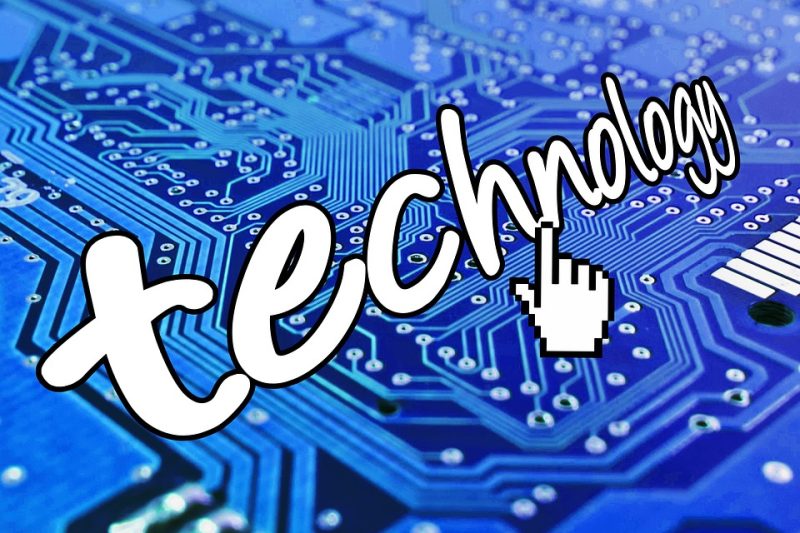economics tuition singapore is renowned for its commitment to education and is increasingly embracing cutting-edge technology to further enhance its reputation as an educational hub. One field where this intersection is particularly fascinating is in the domain of economics tuition. With AI making inroads into traditional education, we are witnessing a transformation in the approach to teaching one of the most fundamental subjects in higher learning.
The Rise of AI in Customized Learning Paths
In the past, education was largely a one-size-fits-all model. However, AI is changing that dramatically, especially in the context of economics tuition. With AI-enabled platforms, learners now have access to personalized learning paths tailored to their individual needs and learning styles. Through data analysis, these systems can track a student’s performance, identify strengths and weaknesses, and adapt the curriculum to ensure students are receiving a customized education.
Platforms like Snapask are demonstrating the effectiveness of AI in this context, providing students with immediate assistance when they are stuck on a problem. Snapask’s AI tutors can recognize a multitude of economics questions and provide detailed explanations, giving students the help they need, when they need it. This personalized approach is invaluable in a subject like economics, where complex theories often require diverse forms of explanation.
AI and Real-World Applications
The use of AI in economics tuition also brings real-world applications into the educational setting. Economic models and theories often P and Q statistics from a wealth of data to be useful, and AI can replicate this process in the classroom. Tools like Thinkster Math or StepUp AI leverage the power of AI to simulate market behaviors and demonstrate economic principles in real-time, bridging the gap between classroom learning and real-world application.
Furthermore, AI can handle vast quantities of data and present it in ways that are both digestible and interactive. Students can explore economic trends over time, analyze patterns, and develop a nuanced understanding that goes beyond theory. The integration of real-world data through AI not only enhances learning but also fosters a deeper appreciation for the subject matter.
The Democratization of Economic Education
Perhaps the most significant impact of AI on economics tuition is the democratization of education itself. Economists like Paul Romer advocate for what he calls “charter cities,” where the rules of living and governance are intentionally designed to “keep” and “attract” talented cosmopolites who, in aggregate, accelerate technological progress. In the educational sphere, AI platforms are doing just this by breaking down the barriers to accessing high-quality economic education.
Students from all walks of life can now access resources and expertise previously available only to a select few. This democratization of access to economic education is critical for a society that aims to be inclusive and meritocratic, providing the tools for economic understanding and advancement to a broader segment of the population.
Navigating the Ethical and Human Implications
As we celebrate the role of AI in reshaping the landscape of economics tuition, it’s crucial to also address the ethical considerations and the human aspect of education. While AI offers opportunities for growth, it can never replace the human touch, mentorship, and critical thinking that is so essential in learning.
Educators must ensure that AI is used as a tool to enhance learning and not as a substitute for human educators. Additionally, there is the pressing need to address the digital divide to ensure that all students can equally benefit from AI in education.
In conclusion, AI is profoundly changing the face of economics tuition in Singapore, and this trend is likely to continue. By embracing the potential of AI, educators can create a more inclusive and dynamic educational experience that prepares students for the challenges and opportunities of the future.




